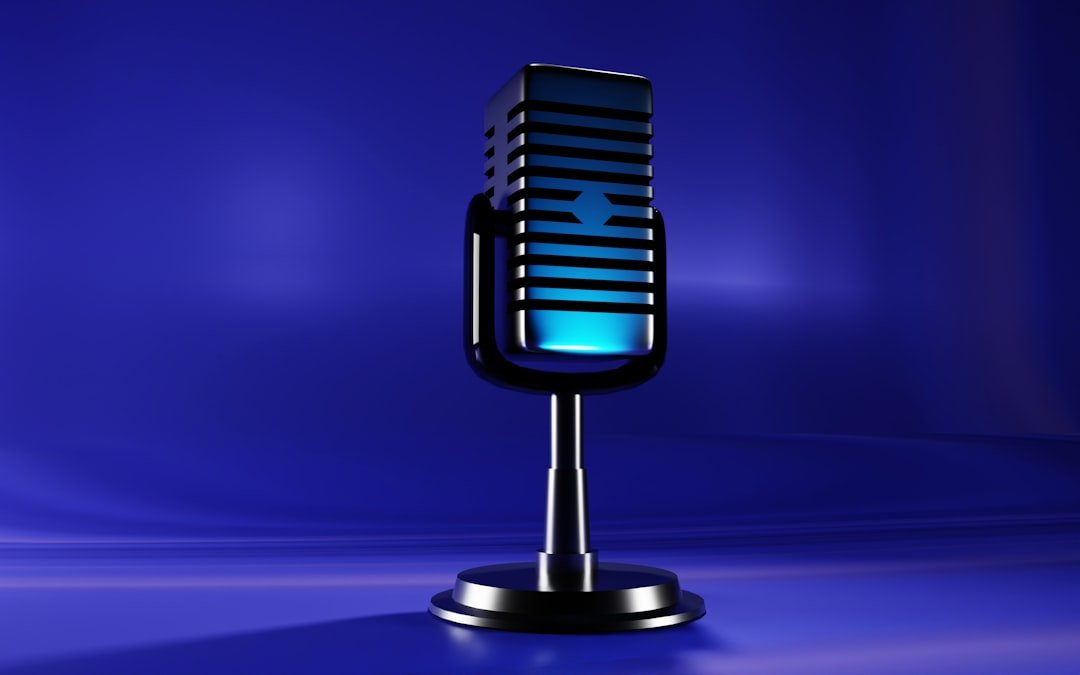The audio landscape is evolving, and with it, the strategies for effective marketing. Artificial intelligence (AI) is no longer a futuristic concept; it’s a powerful tool reshaping how brands connect with their audiences. From personalized voice ads to sophisticated sonic branding, AI is revolutionizing audio marketing, creating more engaging, effective, and efficient campaigns.
The Rise of Personalized Voice Ads
Gone are the days of generic radio ads that fail to resonate with individual listeners. AI empowers marketers to create hyper-personalized voice ads, tailoring messages to specific demographics, user behaviors, and even individual preferences. This level of personalization is achieved through AI-powered data analysis, which allows for the segmentation of audiences and the creation of unique audio experiences. Imagine an ad for a fitness app that addresses a user by name, mentioning their recent workout data and offering tailored advice – this is the power of personalized voice ads.
AI algorithms can analyze vast amounts of customer data, identifying key patterns and preferences that inform ad content and delivery. This data-driven approach ensures that ads are not only relevant but also highly targeted, maximizing engagement and conversion rates. This improves the overall return on investment (ROI) for audio marketing campaigns by eliminating wasted ad spend on irrelevant audiences. The use of natural language processing (NLP) enables the creation of realistic and engaging voiceovers, further enhancing the listener experience.
Sonic Branding: Creating Memorable Audio Identities
Sonic branding, the use of unique sounds and music to represent a brand, is gaining traction. AI plays a crucial role in crafting memorable and effective sonic branding elements. AI-powered tools can analyze existing brand assets, such as logos and marketing materials, to generate sonic identities that align perfectly with the brand’s visual and emotional identity. This ensures consistency across all brand touchpoints, reinforcing brand recognition and recall.
Moreover, AI can assist in the composition and production of unique soundscapes and musical jingles that are both effective and efficient to create. AI can generate variations of musical themes, allowing marketers to tailor sonic branding elements to different marketing campaigns or platforms. This level of customization ensures that sonic branding remains fresh and engaging, avoiding the risk of listener fatigue often associated with repeated exposure to the same audio elements.
AI-Powered Audio Ad Optimization
AI’s capabilities extend beyond ad creation; it also significantly improves the optimization of audio marketing campaigns. AI-powered analytics tools provide real-time insights into campaign performance, allowing marketers to make data-driven adjustments in real-time. By monitoring key metrics such as click-through rates, conversion rates, and listener engagement, marketers can fine-tune their campaigns, maximizing their effectiveness.
These tools go beyond simply providing data; they also offer predictive analytics, anticipating future trends and suggesting optimal strategies for campaign adjustments. This proactive approach ensures that audio marketing campaigns remain ahead of the curve, continuously evolving to maintain optimal performance. AI also allows for A/B testing of different audio elements, such as voiceovers, music, and sound effects, enabling marketers to identify the most effective combinations for their target audience.
Challenges and Ethical Considerations
While AI offers immense potential for audio marketing, it’s important to acknowledge the challenges and ethical considerations. Concerns regarding data privacy and the potential for misuse of personal data must be addressed. Transparency and responsible data handling practices are crucial to build trust with consumers. Furthermore, the potential for AI to create deepfakes or manipulate audio content raises ethical concerns that need careful consideration.
The potential for bias in AI algorithms is another important consideration. Marketers need to ensure that their AI-powered tools are free from bias and that they do not perpetuate existing inequalities. This requires careful selection of datasets and ongoing monitoring of algorithm performance.
The Future of AI in Audio Marketing
The integration of AI in audio marketing is still in its early stages, with many exciting developments on the horizon. We can expect to see even more sophisticated personalized voice ads, AI-generated music and sound effects that are tailored to specific contexts, and enhanced analytics capabilities that provide even deeper insights into listener behavior. The future of audio marketing is dynamic, data-driven, and deeply personalized – all thanks to the transformative power of AI.
In conclusion, AI is revolutionizing the audio marketing landscape, offering brands powerful tools to create engaging, personalized, and effective campaigns. By embracing AI responsibly and ethically, marketers can leverage its capabilities to build stronger connections with their audiences and achieve unprecedented levels of success in the audio marketing space. The future of audio is intelligent, and businesses that adapt will thrive.








